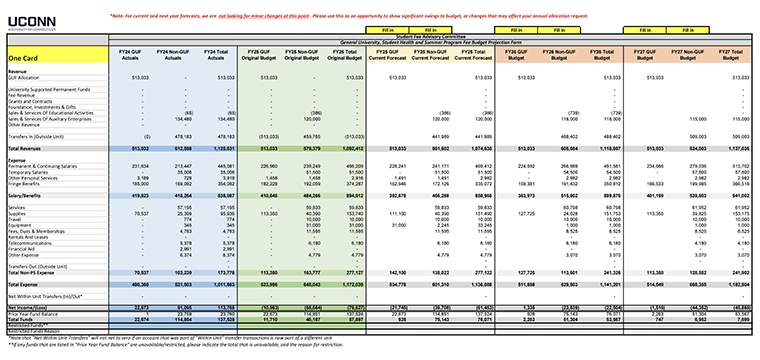Private meal plan provider targets 18 college towns
On-campus dining operations are seeing some new competitors in town. The beginning of this fall semester marked the introduction of the Campus Dining Network, a privately held company that has fostered 18 local meal plans across the country. The initial sites include Gainesville, Florida and Chapel Hill, North Carolina targeting University of Florida and UNC-Chapel Hill students respectively.
The Campus Dining Network (CDN) program is an outgrowth of its first affiliate, The Corner Meal Plan, which started in 1993 as an off-campus program in Charlottesville, Virginia, home of the University of Virginia. According to CDN the Corner Meal Plan has grown to include 2,500 students on the plan with 50 local restaurants participating.
Here’s how it works. CDN offers students a prepaid account with a 1-1 conversion of dollars into “dining dollars.” There is no fee associated with the account, and the students are encouraged to recruit others with a bounty of $10 for each account opened with at least $150.00. Refunds are available, and balances carry-over from semester to semester.
As for the merchant, CDN offers a Verifone card terminal at no cost, then processes transactions at a rate “similar to or slightly higher than typical Visa/Mastercard rates”, according to Ann Marie Gulian, Vice President of Operations at CDN. “Merchants have been very pleased with the program,” said Ms. Gulian. “As Campus Dining Network provides marketing and promotion services we have seen merchants revenues rise as much as 14% through the program.”
CDN recently launched the Carolina Meal Plan in Chapel Hill, N.C., home of UNC-Chapel Hill. The off-campus plan currently includes 26 merchants and just 70 participants, however, it is just weeks old. Jersey Mike’s Subs was one of the initial merchants participating in the Chapel Hill program. According Michael Rose, the restaurant’s General Manager, “operation and end of day settlement are very easy, just like with our other payment terminal.” Mr. Rose reports that though card use has been moderate to date, he is convinced that levels will rise as CDN has been marketing the program and the participating merchants heavily via, “ads, flyers, giveaways, even door-to-door.”
The response from college dining program managers has been understandably cool, although not necessarily adversarial. UNC-Chapel Hill offers the Carolina Dining Services meal plan, a voluntary plan that currently serves approximately 4,600 out of 7,000 on-campus students. Following the addition of several new on-campus vendors (including Subway, Burger King, and Jamba Juice) in the last year the University saw a dramatic increase in revenue, up more than $1 million in the on-campus food services operations.
Also, in spite of some industry speculation that bank-sponsored off-campus debit programs hurt on-campus sales, UNC-Chapel Hill has experienced these revenue increases while the school has partnered with Wachovia Bank to issue a Visa Check Card as part of the UNC One Card. “We have not changed our program in light of the off-campus offerings,” said Mike Freeman, UNC-Chapel Hill’s Director of Auxiliary Services. “We believe that our continued success will come as a result of quality, convenient services offered at a fair price.”
It seems that CDN’s offering is most appealing to those students who live off-campus while the UNC-Chapel Hill program has increased sales among its core group of on-campus residents. It appears that in Chapel Hill, both plans may be able to coexist and even, perhaps, compliment one another. Whether this holds true in the other 17 cities in which CDN has launched–or is preparing to launch–competitive meal plan offerings remains to be seen.
In light of the Chapel Hill, N.C. example, some common business criteria continue to apply. If products and services are priced competitively and offer convenience, the sales will come. Conversely, no amount of convenience will compensate for poor product offerings that are out of step with the market’s demands. While there are those who might disagree, competition is indeed a good thing.
You can learn more about the Campus Dining Network at www.campusdiningnetwork.com and the UNC-Chapel Hill OneCard at www. onecard.unc.edu/default.htm




